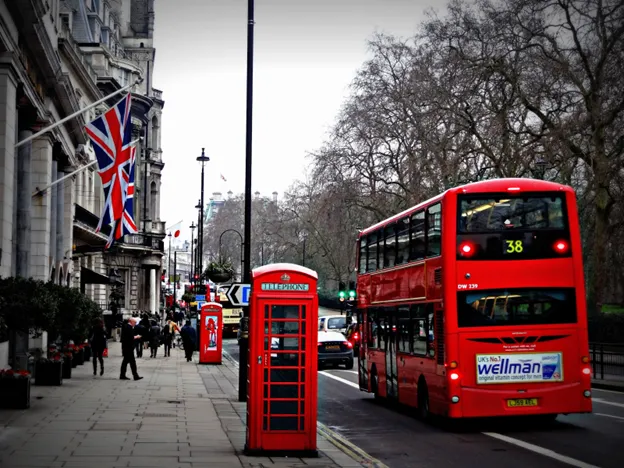President Donald Trump Extends Administration’s Travel Ban To Six More Countries
At the beginning of the year, Donald Trump added Nigeria, Sudan, Tanzania, Kyrgyzstan, Mynamar and Eritrea to his administration’s travel ban. Many have seen this as further evidence of the Trump administration attempting to ban Muslims from entering into the United States.
Read our 1001 reviews
Towards the end of January, the Trump administration announced that it was extending the travel ban to six more countries, including three Muslim-majority African nations – Nigeria, Sudan, Tanzania, Kyrgyzstan, Myanmar (or Burma), and Eritrea. As the travel ban becomes an increasingly important and pivotal part of Donald Trump’s immigration and travel policies, there has been renewed outrage at what is seen as being an attempt to ban Muslims from the US.
Having come into place in mid-February, these new immigration and travel restrictions have been placed on these six new countries, preventing free travel to anyone not considered an immigrant who has ‘helped the US’. There has been particular outrage in Lagos, Nigeria’s capital. Nigeria is Africa’s biggest economy and most populous nation, and there has been an outpouring of support for a petition to revoke the ban.
According to the Trump administration, these countries have failed to meet the US’s security standards, and citizens have complained about being considered a ‘pariah state’ unfit for freedom of travel with the United States. The Nigerian population have taken it as an insult to be considered on the same level of safety as states such as Myanmar and Eritrea.
Under the new restrictions, immigrants from Myanmar, Nigeria, Eritrea and Kyrgyzstan will be banned from entering the US and citizens of Sudan and Tanzania will no longer be able to apply for ‘diversity visas’ – essentially a green card lottery that allowed citizens the chance to enter the US.
The US administration has defended the new travel ban extension and restrictions by reiterating the point that they have failed to meet security standards and that freedom of movement between these countries could threaten US national security. It’s said that the travel restrictions will ensure that countries continue to uphold the standards of US security and safety.
This latest extension of travel ban restrictions comes three years after President Donald Trump boldly, as one of his first moves in office, signed the very first travel ban, causing mayhem at airports and eventually leading to the Supreme Court.
In 2018 the Supreme Court eventually upheld the third iteration of Trump’s travel ban, which restricts entry from seven different countries to different degrees: North Korea, Iran, Libya, Syria, Somalia, Yemen, and Venezuela.
These restrictions will stay in place as the new travel bans come into place, according to official statements. The main alteration to the policy since its inception has been the removal of Chad from the list of banned countries back in April 2019, after the US said that they had improved security measures.
The fact that four of the six new countries affected by the travel ban are African – three of which are Muslim-majority countries – has continued to cause controversy and stir up the notion that Trump’s travel ban is a deliberate attempt to limit the travel of Muslim citizens to the United States.
As the 2020 general election cranks into gear, the new travel restrictions appear to be a clear indication of Trump’s intention to double-down on his existing immigration policies as part of his 2020 re-election campaign.
As well as our locations in London and across the UK, IAS also has offices located in the US. Our US immigration lawyers can assist you with any US immigration issue, simply get in touch today to find out more.
Table of Contents
Table of Contents will appear here.Legal Disclaimer
The information provided is for general informational purposes only and does not constitute legal advice. While we make every effort to ensure accuracy, the law may change, and the information may not reflect the most current legal developments. No warranty is given regarding the accuracy or completeness of the information, and we do not accept liability in such cases. We recommend consulting with a qualified lawyer at Immigration Advice Service before making any decisions based on the content provided.















